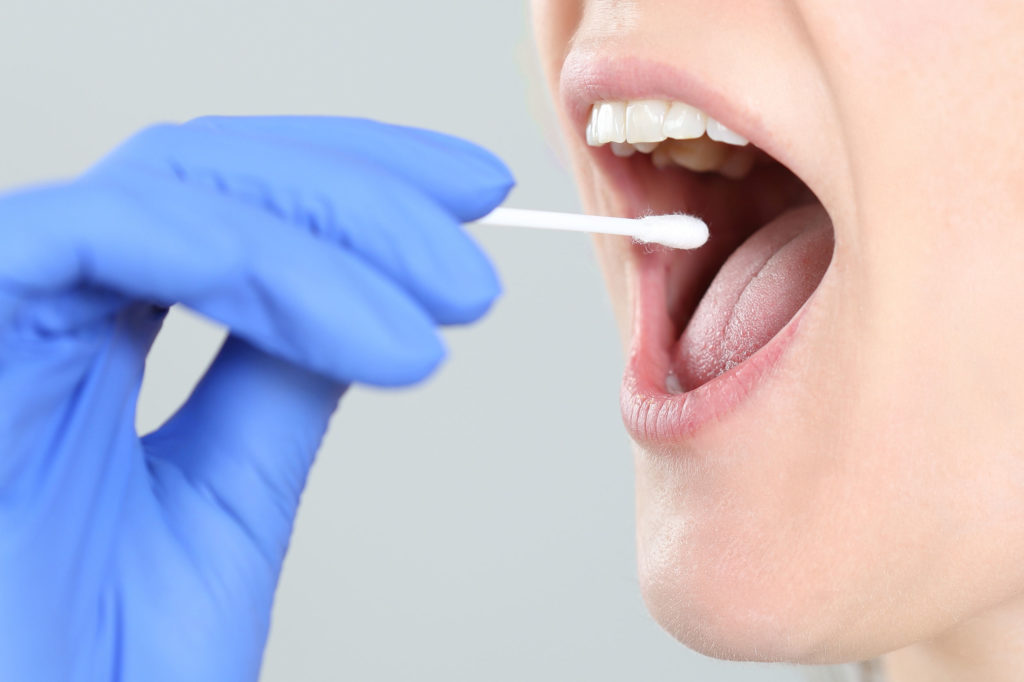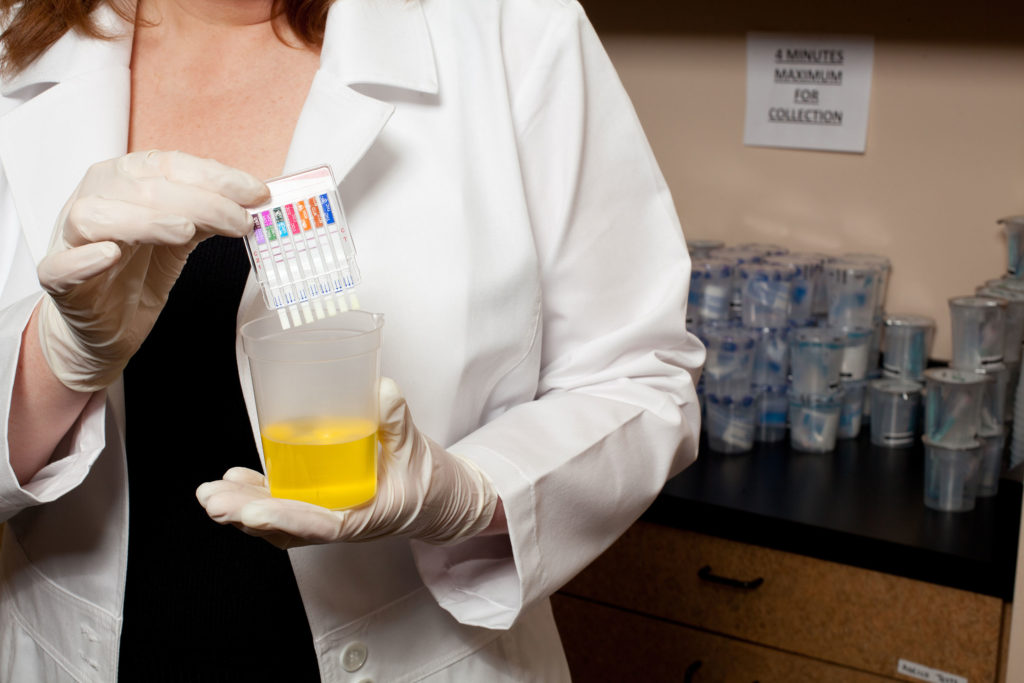How Long Does THC Stay in Your System?
I think we've all looked this up at one point lol
It is
common for employers to drug test employees, and for marijuana users it
isn’t unusual to wonder – how long does THC actually stay in the body?
Well, of all of the intoxicants human beings like to indulge in, THC is
one of the longest lasting in the body. The amount of time THC spends in
the body depends on a couple different factors, such as metabolism,
frequency of use and method of drug testing.
It is probably one of the most common questions among marijuana users
– how long will THC stay in your system? The truth of the matter is
that it varies from individual to individual, and it will depend on a
couple of different factors. For example, most employers take a urine
sample to test for drugs, whereas traffic enforcers might take a saliva
sample. There are even certain drug tests that are taken from a hair
sample (although that’s an unlikely event). Most importantly, all of us
metabolise at different rates. These are the kinds of things that affect
how long marijuana is traceable in your body.
Considering all of the different factors will allow you to make the most accurate judgment on how long cannabis will be detectable in your body. This article is a guide to all the things that affect how long marijuana is in your blood.
 Of all the ways to drug test, THC lives for the shortest time in
saliva. Mouth swabs are the most common way to drug test drivers. In
general, a person can test positive for THC in saliva within 1 hour of
using, and can last for up to 12 hours. Frequent smokers may test
positive for longer than 12 hours (or perhaps they just never go longer
than 12 hours without a smoke), so that’s something to keep in mind. It
is unlikely anybody would test positive to THC through saliva 24 hours
after smoking.
Of all the ways to drug test, THC lives for the shortest time in
saliva. Mouth swabs are the most common way to drug test drivers. In
general, a person can test positive for THC in saliva within 1 hour of
using, and can last for up to 12 hours. Frequent smokers may test
positive for longer than 12 hours (or perhaps they just never go longer
than 12 hours without a smoke), so that’s something to keep in mind. It
is unlikely anybody would test positive to THC through saliva 24 hours
after smoking.
Most urine tests are testing for a substance called THC-COOH, which is what THC turns into after your liver has broken it down. It is metabolized from the main ingredient of weed responsible for your high – THC. The difference between these two substances is that THC-COOH lingers around in the body for much longer than THC. This metabolite of THC is also extremely hydrophobic, meaning it avoids water in general, and ends up in the oily and fatty parts of the body. This is what gives THC a cumulative effect in the body, meaning it’s detectable for a long time in the body (after stopping use) especially for chronic pot smokers.
In general, if you have just smoked your first joint or use infrequently (less than once a month), then you could test positive on a urine test for up to four days. After that, you’re basically clear. If you smoke frequently (once a week), you can test positive for up to 10 days after the last use. For chronic users, there are studies that show your urine can test positive for THC for one month after your last use. All of this is based on average urine testing standards, which is 50 ng/mL, according to the National Drug Court Institute.
To be safe, it’s better to stop your marijuana use well ahead of these times to ensure that you won’t test positive after an interview for the job of your dreams.

The only real way to know if you’re about to test positive to a drug test is to go out and get yourself a home testing kit. These are available online and in shops these days and give you an opportunity to drug test yourself at home. Of course, they claim to be extremely sensitive and accurate, but we can’t back up their claims. You will have to try for yourself! This method is the closest you could get to knowing the results of your drug test before you actually take it.
The safest way to avoid testing positive is to take a long break from using marijuana. As stated before, it is one of the longest lasting intoxicants in the human body, meaning even alcohol and methamphetamines pass through the body faster. As a result, detecting even an intermittent weed smoker can be easy for employers. As more and more countries begin to legalize marijuana, it’s possible that employer drug testing will become more lenient.
Considering all of the different factors will allow you to make the most accurate judgment on how long cannabis will be detectable in your body. This article is a guide to all the things that affect how long marijuana is in your blood.
How are you being tested on THC?
THC in saliva

THC in urine
This is the most common way for employers to test for THC. This is also the method whereby how often you smoke has the biggest bearing on how long THC stays in your system. Even if you are an infrequent user, urine testing can come back positive even after a few days. There has been a case recorded where a smoker of ten years tested positive for a urine test 67 days after stopping. As you might expect, the more frequently you smoke, the longer you can predict it will stay in your system.Most urine tests are testing for a substance called THC-COOH, which is what THC turns into after your liver has broken it down. It is metabolized from the main ingredient of weed responsible for your high – THC. The difference between these two substances is that THC-COOH lingers around in the body for much longer than THC. This metabolite of THC is also extremely hydrophobic, meaning it avoids water in general, and ends up in the oily and fatty parts of the body. This is what gives THC a cumulative effect in the body, meaning it’s detectable for a long time in the body (after stopping use) especially for chronic pot smokers.
In general, if you have just smoked your first joint or use infrequently (less than once a month), then you could test positive on a urine test for up to four days. After that, you’re basically clear. If you smoke frequently (once a week), you can test positive for up to 10 days after the last use. For chronic users, there are studies that show your urine can test positive for THC for one month after your last use. All of this is based on average urine testing standards, which is 50 ng/mL, according to the National Drug Court Institute.
To be safe, it’s better to stop your marijuana use well ahead of these times to ensure that you won’t test positive after an interview for the job of your dreams.

THC in hair and blood
Hair and blood are unlikely ways to be tested for marijuana. Interestingly, if THC does bind to the hair follicle, which is not always guaranteed, it is only detectable 7 days after use, and can be detected for up to 90 days afterwards if use is frequent. After THC is metabolized it begins to appear in the blood as THC-COOH, which coincidentally doesn’t bind to blood for nearly as long as it binds to the liver. As a result, blood tests only detect very recent use of marijuana.Are there ways to pass a urine test?
There are a few old wives tales out there about how to pass a urine test, and there are also some products available on the market that encourage the process. But do any of them really work? There’s no way to really know for sure unless you try it. It has been suggested to drink loads of water in the days leading up to a drug test, as this naturally cleanses the body of all toxins. This is probably a reasonable way to deal with it, and this includes having a diet that is cleansing as well. However, it’s important to beware that urine that has been heavily diluted can also be detected as being tampered with, so overdoing it could get you into more trouble.The only real way to know if you’re about to test positive to a drug test is to go out and get yourself a home testing kit. These are available online and in shops these days and give you an opportunity to drug test yourself at home. Of course, they claim to be extremely sensitive and accurate, but we can’t back up their claims. You will have to try for yourself! This method is the closest you could get to knowing the results of your drug test before you actually take it.
The safest way to avoid testing positive is to take a long break from using marijuana. As stated before, it is one of the longest lasting intoxicants in the human body, meaning even alcohol and methamphetamines pass through the body faster. As a result, detecting even an intermittent weed smoker can be easy for employers. As more and more countries begin to legalize marijuana, it’s possible that employer drug testing will become more lenient.
Categories:
Consumption




























































































































